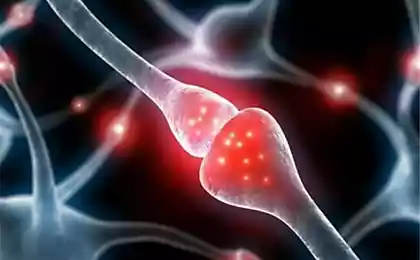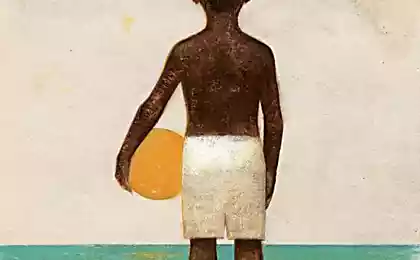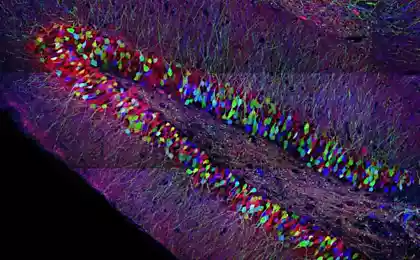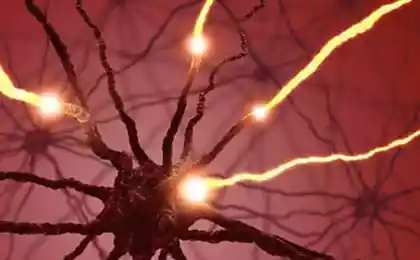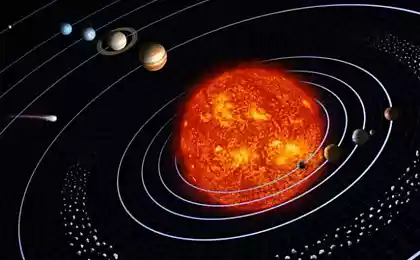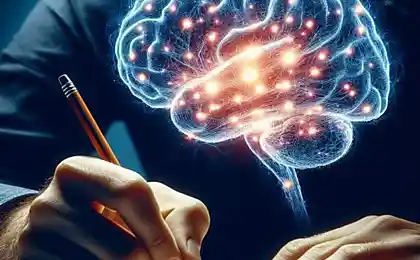204
Scientists have found that neurogenesis erases childhood memories

Scientists say they know why we have little or no early childhood memories. Experts call the disappearance of early memories a unique protective response of our brain.
As Canadian scientists have found, childhood memories are erased from our memory due to neurogenesis. This process refers to the formation of new cells in the adult human brain, because of which a person mainly does not remember the first years of his life.
Researchers believe that the reason that further memories do not disappear is the speed of neurons. In early childhood, this process is more active, but over time, neurogenesis slows down. Such conclusions were made by scientists as a result of studying the brain of rodents, since their brain is very similar in structure to the human.
Scientists also note that instead of childhood memories, the brain has the prospect of remembering much more useful and new information flows, and this helps to improve the ability to learn. Researchers believe that this process is extremely positive, because it is able to protect the brain from information surplus.
It should also be noted that just recently it was believed that the formation of additional neurons on the contrary contributes to the restoration of memories, and their disappearance is due to the influence of other factors.
The active ingredient psilocybin contained in hallucinogenic mushrooms helps erase memories of fear and pain, and small doses of the substance stimulate neurogenesis - the process of formation of new brain cells. The discovery, made by a team of researchers from the University of South Florida, is published in the journal Experimental Brain Research. Experiments on mice allowed scientists to find that psilocybin caused mice to quickly forget a negative experience, namely an electric shock.
The study of specialists from the University of Southampton, showed that memories in the literal sense can warm a person. Nostalgia can make a person physically feel warmer. The scientists set out to find out how nostalgic memories affect such physical reactions as the perception of heat and cold. The study took place in several stages. To begin with, experts asked volunteers for a month to record spontaneously arising memories and nostalgia.
Israeli scientists have discovered a way to prevent relapses of alcoholism by blocking a molecule that activates memories associated with drinking, thus reducing cravings for alcohol. Tests of the new method, which began in 2010, were successfully carried out on rats, according to the Xinhua news agency. However, researcher Segev Barak from Tel Aviv University in Israel believes that this method will soon be possible to test in humans.
Source: globalscience.ru
The United States launched a rocket into space with an unknown companion
Country risk— how to save a pet
